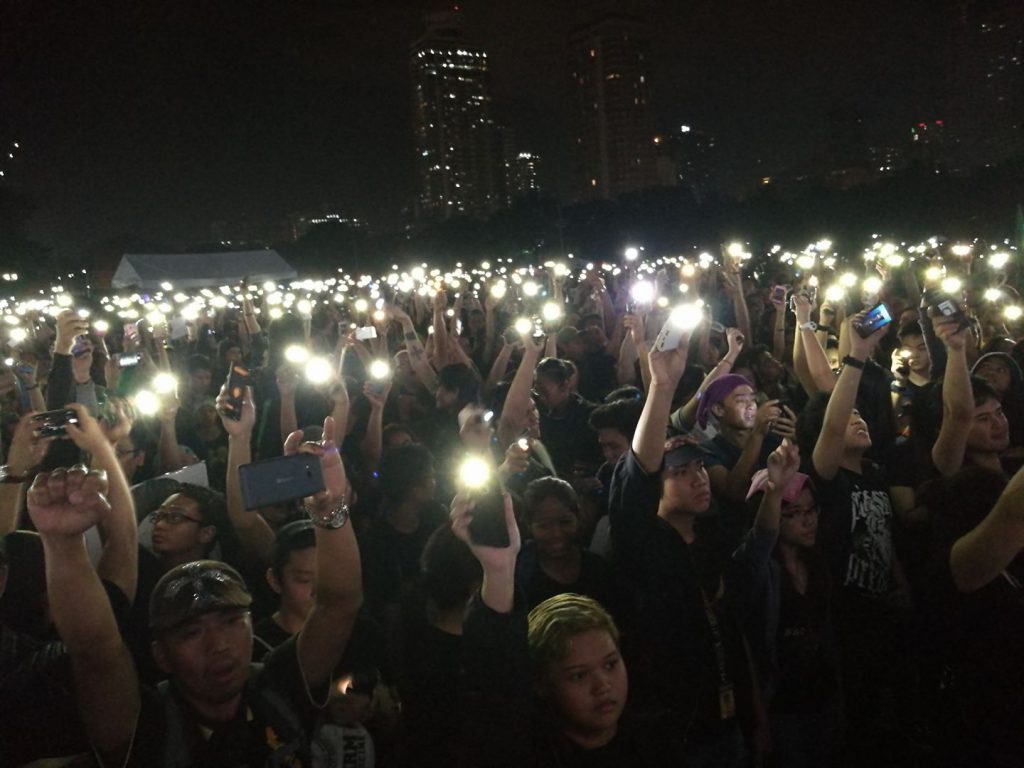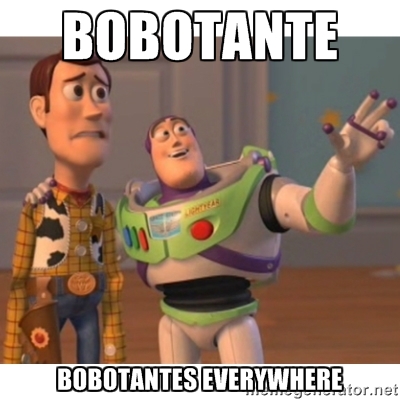President Duterte asks critics: What steps are you taking to solve country’s problems?
“The only title in our democracy superior to that of President is the title of citizen.” Justice Louis Brandeis
I remember the former President Aquino once called his critics, the noisy minority. I stressed the importance of listening to the critics especially those that do not carry a political agenda. If the president only listens to the “Yes Men” or the whispers of the “silent majority”, he will not hear the voice of the people. I felt back then that President Aquino was too sensitive towards criticism. Did his popularity get into his head, just because a great majority of the people trusted him and thus, he can do no wrong?
Today, President Duterte is beginning to act like Aquino. He asks his critics , “Instead of asking what’s happening to your country, ask what step are you taking to [solve its problems] ? Criticisms don’t necessarily come from those with political motivation. Most of those who didn’t vote for Duterte have learned to accept him as our president for the next six years. There are criticisms coming from those that voted for Duterte and from those that didn’t vote for him. I didn’t vote for Duterte but I love my country very much that I would really want our president to succeed.
Three types of critics
I have written in the past that a president has three groups of critics.
1. The Friendlies
The friendlies or over-eager fans think they are helping the President, by crafting “news” to protect and promote him. Some “resort to cheap propaganda tricks, misrepresent the 16 million who voted for Duterte, worship Marcos and refuse to think for themselves”. The President can do no wrong.
2. The Unfriendlies
These are the ones who want Duterte to resign. They are hoping the President will fail or commit an impeachable offense. This group will always find fault in each and every action of President Duterte and his administration.
3. The Neutrals
The neutrals are those that say it as how they see it and may look like they are “unfriendly” critics. I prefer to call them the patriotic citizenry, for lack of better word and as a point for discussion. It does not mean the friendlies or unfriendlies are unpatriotic. I am in this group because I love my country and want to help President Duterte in my own little way. Most of us are just being vigilant of his campaign promises and eager that our children’s future will look promising.
These critics also supported President Duterte and voted for him and support his war on drug but are now worried about their safety. In a recent survey, 85% of the respondents were satisfied with the government’s war on drugs but a total of 78 percent expressed worry that they or someone they know would be killed. Another survey showed that Filipinos gave Duterte a net satisfaction at a “very good” or +63 for December 2016 but 51% believe cursing will harm the Philippines.
Tonyo Cruz describes the majority as citizens , “eager for change, vigilant about rights, egalitarian, gracious, fair, willing to listen, democrats, nationalists, refuses to discriminate, anti-oligopoly, anti-crime, conscious of or interested in history, color-blind but not stupid, could smell bullshit from 5 kms. away, seeks fairness, demands accountability, with a preferential option for the poor, united by patriotism and eager to plant the Philippine flag on the world stage.”
Is the President listening?
My question to the President is does he know how to listen to criticisms from well-meaning citizens?
The former archbishop of Davao, Archbishop Emeritus Fernando Capalla, thinks that Mr. Duterte’s seeming inability to take advice or criticism is precisely the problem. “We have to listen twice as much as we speak” But with the President, “it’s the reverse … That’s why we are in trouble.” Capalla adds, “I am worried about him as a friend. I think he has a problem and we need to help him. He is in the course of self-destruction, without even knowing that he is ruining himself. If he can only listen … listen to other people”.
If President Duterte only believes in what his close in associates report to him, he will slowly lose an objective assessment of reality and will, like his predecessors, be totally isolated, thinking that he is doing a nice job when the opposite is being experienced by the people. The President needs to allow citizens, and well-meaning members of the civil society, citizen watch dogs, the academe, and people’s organizations to remain engaged in policy-making.
Carmel V. Abao stressed this a few months ago, “as citizens, we should “support the beneficial” and “reject the harmful”. Simultaneous cooperation and resistance is possible, maybe even advisable….It is not enough to be simply “pro” or “anti” Duterte. We have to be able to identify which priorities and strategies of the Duterte administration need to be supported, altered or rejected, and, publicly converse around these concerns. The mob-inspired, troll-like, self-righteous type of positioning and conversing will not cut it.”
How citizens help solve the country’s problems.
I tweeted the question”Duterte to critics: What steps are you taking to solve country’s problems?”. Perhaps, the president can listen in. Here are a few:
Encourage people to think, verify facts, remember what led to Marcos hell aka golden years. https://t.co/o98At8RoWG
— Rafael Santos (@RaffyPHL) December 18, 2016
Ngbabayad ako ng tamang buwis at sumusunod sa batas https://t.co/OUKpqhjZP7
— daisyprecio (@daisyprecio1) December 18, 2016
Well, we’re not murdering people for one. Neither are we selling out our country to China. https://t.co/1kpJ2RayMg
— Tania Arpa (@TaniaArpa) December 18, 2016
Over at Faebook, Adam David has been helping in his own little way even before Rodrigo Duterte was the president. He is not alone. So far, these are his contribution:
1) Joining rallies and
2) encouraging art practitioners (producers and consumers) to be more invested in political happenings in their own production and consumption and also (and more importantly) as warm bodies in rallies and
3) encouraging them to do the same to other people, etc etc. Kasi edukasyon at antipathy ang malaking problema natin dati pa, at hanggang ngayon. Kaya ka nga nanalo, e.
Miguel Syjuco, a writer, a teacher, and a Filipino has his share in helping solve the country’s problems:
1) Committing my own work to calling out the abuses of our leaders, the way I did before you, and will continue to do so after you’ve served your term;
2) Teaching my students well, so that the next generation of leaders will not stand for the old, entrenched ways that have led us to this era of rationalised killings and power hungry trapos posing as saintly victim-saviours;
3) Working with the disenfranchised to help them find their voices through writing, so that they are further empowered to speak for themselves and demand the equality they deserve;
4) Participating in rallies as a citizen exercising democratic rights to access a system that has long ceased to be democratic and representative;
5) Working quietly to donate all the time and money that I can afford to grassroots initiatives that can have real impact on real lives;
6) Engaging in the maddening time-suck of social media, because this is one major front in the disinformation war now waged by those who want to diminish our constitutional checks and balances, or return their dynasties to power.
These are just a few of the critics that the President refers to and each want to be part of the solution. The President must recognize citizens , and not just those that voted for him , as partners in participatory governance . Most citizens do not necessarily have a political agenda when we engage government. I hope the President can discern between the three groups of critics.
“We are complicit when we are not critical. We are part of the conspiracy of the powerful if we remain silent.” Leonen J., Commencement Address, Ateneo School of Government, August 2016
This post is supported by a writing grant from the Philippine Center for Investigative Journalism (PCIJ) .



